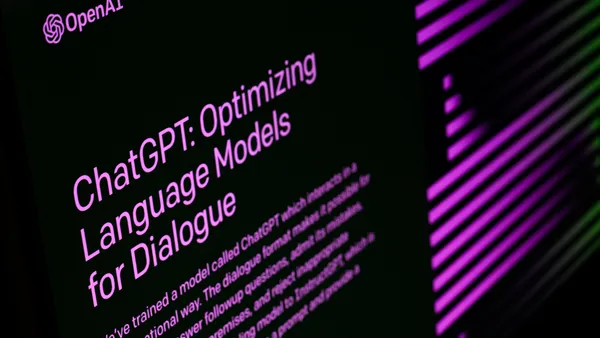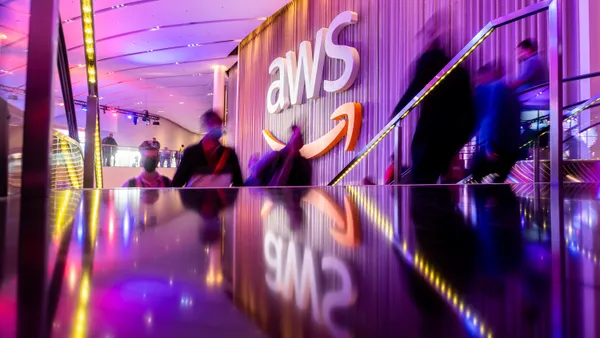Dive Brief:
- AI has become integrated into most workplaces, with nearly 67% of companies using it for work-related purposes, according to a recent survey of 1,000 full-time knowledge workers by workplace technology platform OwlLabs in partnership with Pulse.
- Nearly half (46%) of the survey’s respondents said they’re either heavily using AI at work or somewhat reliant on it, OwlLab CEO Frank Weishaupt reported in a May 8 post. They also said they’ve used AI mostly for administrative tasks like scheduling and calendar management (35%), crunching data (33%), and writing up content like emails and reports (30%), the survey found.
- Additionally, almost a quarter (24%) of knowledge workers said their employers are strongly supportive of using AI and are supplying tools, training and clear guidelines, according to the survey.
Dive Insight:
OwlLab’s findings signal a major shift from last year, most notably that employers are now actively encouraging employees to use AI, Weishaupt said. Only 4% of knowledge workers said AI use is discouraged, according to the survey.
While AI is helping employees get more done, as Weishaupt observed, it may also come with issues employers should be prepared to address, recent studies indicate.
Having clear corporate policies on AI use and making sure employees understand them is a must for helping to keep these issues at bay, a KPMG study released in April emphasized.
For example, although 67% of employees who responded to a KPMG survey said they’re using AI to enhance productivity, 57% admitted to making mistakes in their work due to AI errors, and 44% “knowingly used it improperly” at work. About half said they use AI without knowing whether it’s allowed, and another 46% admitted to uploading sensitive company data to public platforms.
A March report from AI vendor Writer and research group Workplace Intelligence pointed to a deeper problem. The study found that most executives say generative AI adoption is creating conflict and friction within their organization.
This friction has led to division between IT teams and other lines of business, as well as between executives and employees, which “demand robust change management, improved vendor quality, and enhanced collaboration between IT and other departments,” Writer’s chief strategy officer stated.
Employers may also want to keep an eye on how employees use AI during training, a January report from ed-tech firm Moodle suggested.
More than half of U.S. employees told Moodle they use AI-related tools to complete mandatory workplace training, including to answer difficult questions they unsure of (21%) and help them with certain parts of questions (19%).
Additionally, 12% said they even let AI tools take the entire training for them, the study found.















